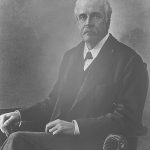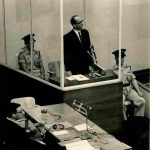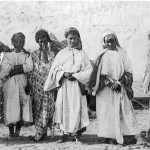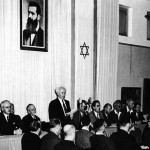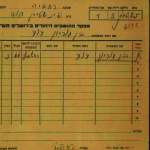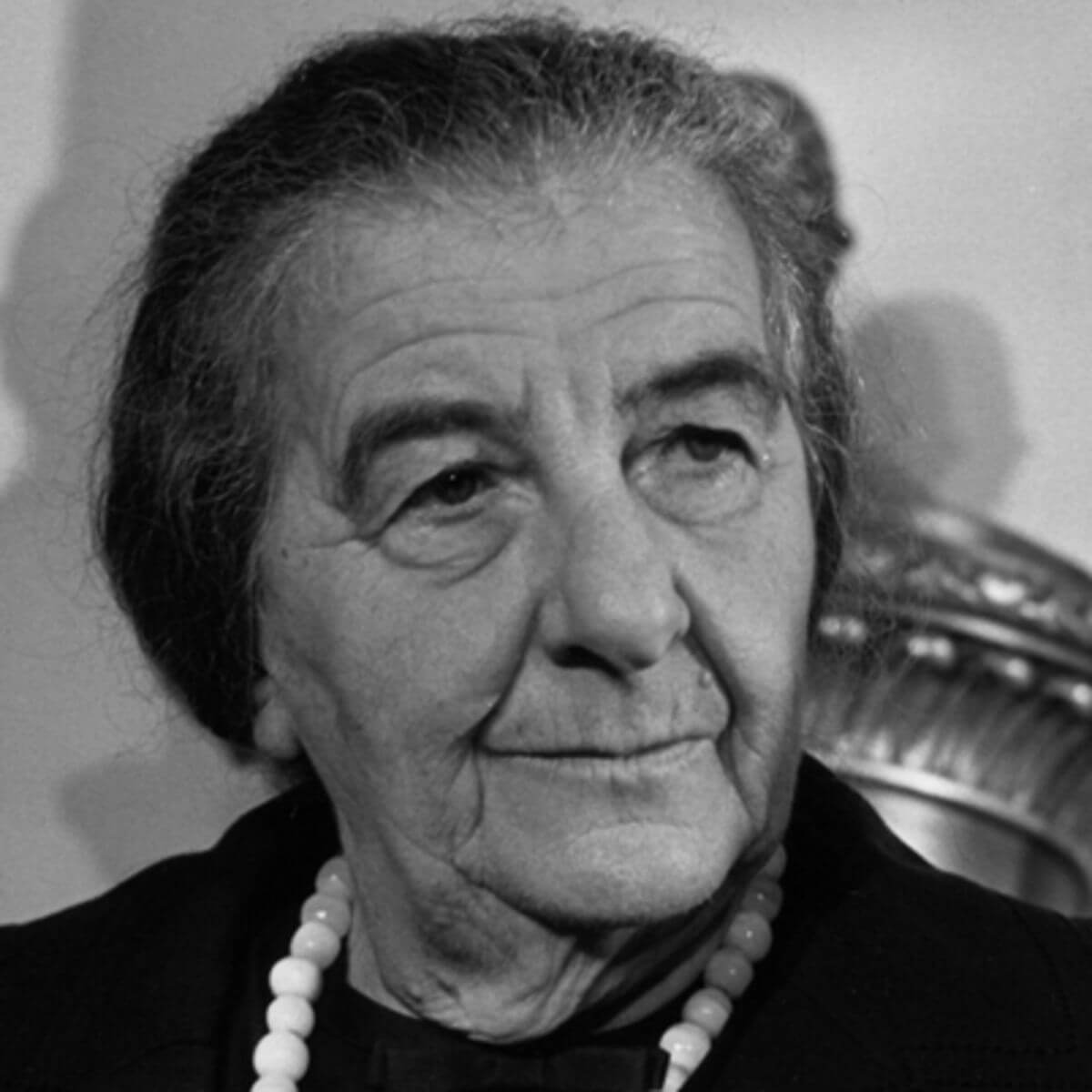.On 6 September 1972, after the full details of the massacre in Munich were revealed, deep mourning enveloped the state of Israel
At 9:00 a government meeting began, in a very sombre atmosphere. After reports from Golda Meir, Allon and Eban, the discussion focused on three main points: a) should Israel’s part in the failure to secure the safety of the delegation to Munich be investigated; b) should a demand be made to stop the Olympic Games; c) in light of the severe criticism directed at the failed German operation, what would the effects be on Israeli-West German relations? (Document 9).
On the first issue, the ministers made every effort to deny hints heard in Germany that the refusal of the government of Israel to discuss the release of terrorists was partly to blame for the failure. On Israel’s responsibility for the safety of the delegation, Defence Minister Dayan declared that: “Although there were no tip-offs about Munich, we did recently, without any doubt, have more serious tips than in the past, on groups of terrorists – with names and details – leaving for Europe with the intention of harming us; and these tips were immeasurably more serious than those we received in the past”. He proposed to re-examine all the standard security measures, especially those relevant to Israelis abroad. However, other ministers spoke out more explicitly, and said that that the failure to protect the delegation was an apparent error on the part of Israel, as well, and that Israel’s share in the events at Munich should also be investigated from all aspects, as quickly as possible, since that question “would, in any case, be asked in every home in Israel”. However, the prime minister asked not to decide on appointing a commission of enquiry just yet, and argued that such a decision would be an admission by the government that there was neglect on Israel’s part. The statement released after the meeting said only that it had been decided to collect information about the security arrangements in Munich, both those made by the West German government and by the relevant Israeli authorities.The traumatic event was also reflected in the ministers’ statements, sometimes in an extraordinary manner. Minister Yisrael Galili was greatly concerned about the first signs of the Palestinian terrorists’ readiness to commit suicide and, in what today seem prophetic words, expressed the fear that: “This event may serve the terrorists as the basis for a new national mythology”. Haim Bar-Lev proposed demanding that West Germany, and perhaps other countries, deport the Palestinians living there; a proposal that aroused objections by several other ministers.
A significant part of the discussion was taken up by the issue of the effect of the events on Israel’s relations with West Germany. The news of the murder of Jews on German soil and the rumours about the German police’s inept performance naturally raised comparisons with the Nazi period, and gave rise to a growing tide of anti-German feeling among the general public. The leaders of West Germany were aware of this. During the morning a telegram was received from the German ambassador in Israel, which expressed Chancellor Willy Brandt’s regret and condolences. The prime minister sent a warm reply, which emphasized her appreciation for Germany’s readiness to make every effort to release the hostages (Document 10 in German and English). During the government meeting Golda Meir reported that the German ambassador had proposed, without the knowledge of German authorities, that Chancellor Brandt himself participate in the funeral of the murdered athletes, but she rejected that proposal outright, and a message to that effect was sent to the embassy in Bonn.
However, the situation put the prime minister and the foreign minister – and, in fact, the entire government – in a difficult political position. The government appreciated the German government’s willingness not to give in to the terrorists and to try to use force. Moreover, for some time now, Golda had been working towards strengthening her ties with Chancellor Brandt. She saw him as a friend and supporter of Israel in present and future political strategies. For example, on 4 September, a day before the Munich massacre, she had sent Brandt a letter urging him not to assist political initiatives being touted in Europe that would harm the chances of progress on a political settlement, that had arisen after the expulsion of the Soviet military advisers from Egypt in July 1972. Israel used Brandt’s good relations with the leaders of the USSR as a channel for transmitting messages on the issue of Jewish immigration, and West Germany was very important in Israel’s relations with the Common Market. In addition, general elections were about to take place in Germany, and the decision-makers in Israel had no interest in harming the chances of Brandt, the head of the Social Democratic Party, to be re-elected.
At the government meeting the prime minister, foreign minister and others spoke of the need to prevent a wave of anti-German feeling based on past memories and the possibility, as Eban feared: “that instead of directing our rage against the Arabs, we’ll direct our rage against the Germans!” Minister Moshe Kol argued: “I fear that the whole affair will be turned into a matter against Germany”. In its decisions, the cabinet expressed “its appreciation at the decision by the authorities of the Federal Republic of Germany to work for the release of the Israeli hostages, and to use force to do so”.
During the following hours the prime minister and the foreign minister made great efforts to ensure that accusations would not be directed towards Germany. Golda Meir sent a message to the general secretary of the Histadrut, the General Federation of Labour, on the eve of the meeting of its Council on 6 September, to which she added in her own handwriting, a request “that the rage not be directed against Germany” (Document 11). For its part, the Foreign Ministry directed the Israeli representatives abroad to try to prevent a wave of criticism against Germany because of the failure of the attempt to rescue the hostages (Document 12). See also: Documents 13 and 14 (in German and English).


